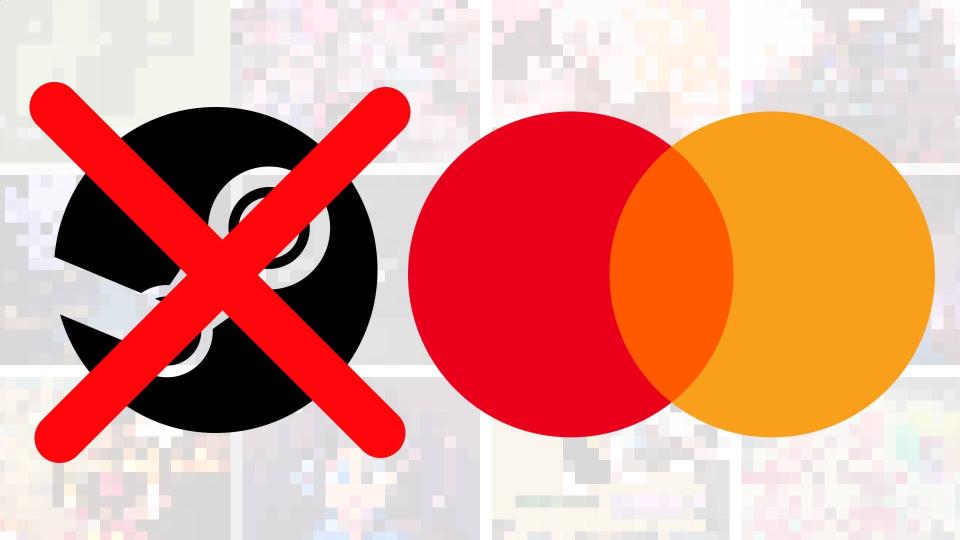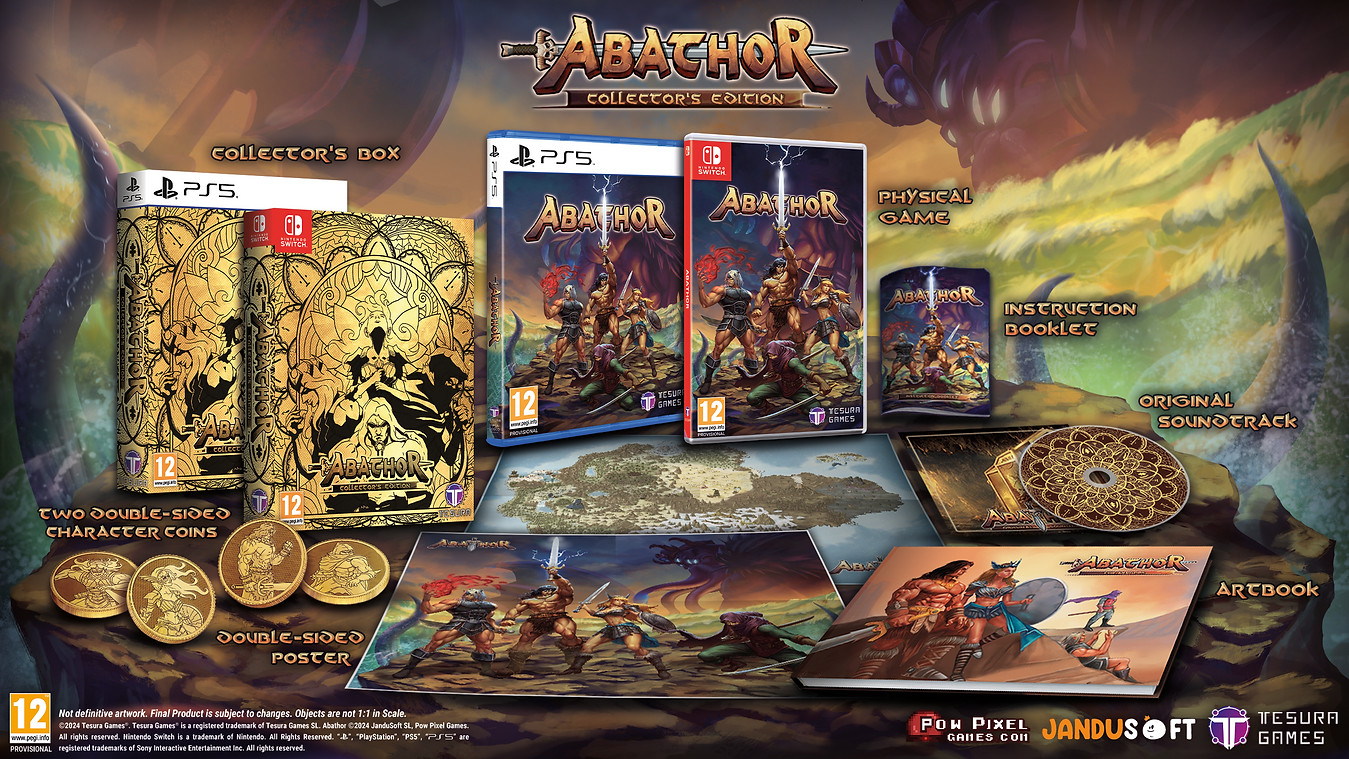Mastercard has recently distanced itself from the controversy regarding the censorship of NSFW games on platforms like Steam and Itch.io, asserting it did not require any restrictions. In response to pressure from payment processors, Valve introduced new guidelines that limit the distribution of certain adult content and began retiring games that may violate these rules. In a statement, Mastercard emphasized that it allows all lawful purchases but requires merchants to have safeguards against unlawful content. Valve contends that Mastercard indirectly pressured it through payment processors, which cited brand risk associated with adult content under Mastercard’s internal Rule 5.12.7. As the debate around game censorship grows, alternative platforms like GOG have emerged in support of adult content, indicating a pushback against financial institution influence in game content availability.
What is the impact of payment processors on game content availability?Payment processors hold significant influence over the type of content that can be distributed on gaming platforms. As seen in the case of Steam and Itch.io, the pressure from these financial institutions can lead to censorship of adult content. This creates a challenging environment for developers of NSFW games, as platforms must comply with the standards set by payment processors to ensure operational viability. The controversy has sparked discussions about the broader implications for creative freedom and storytelling within the gaming industry.
The ongoing situation highlights a larger trend within the gaming community, where many are advocating for the rights of creators to offer diverse content, including adult themes. Platforms like Itch.io and GOG are attempting to carve out niches for these types of games, possibly signaling a shift toward more inclusive policies regarding adult content in gaming. This is especially relevant as various countries consider legislation affecting online content, posing challenges for developers who create games with mature themes.









Comments
It’s wild how financial gatekeepers can quietly shape what games even get made, while pretending it’s not their call. Meanwhile, platforms like GOG stepping up feels like the gaming equivalent of a rebellious indie record label in the ‘90s.
Ah, the classic 'we didn't tell them to do it, but we definitely made it clear they should' corporate dance. Meanwhile, indie devs are stuck playing whack-a-mole with platform policies just to tell their stories.
Funny how payment processors suddenly become morality police when it comes to games, but have no problem processing way sketchier IRL transactions. Priorities, am I right